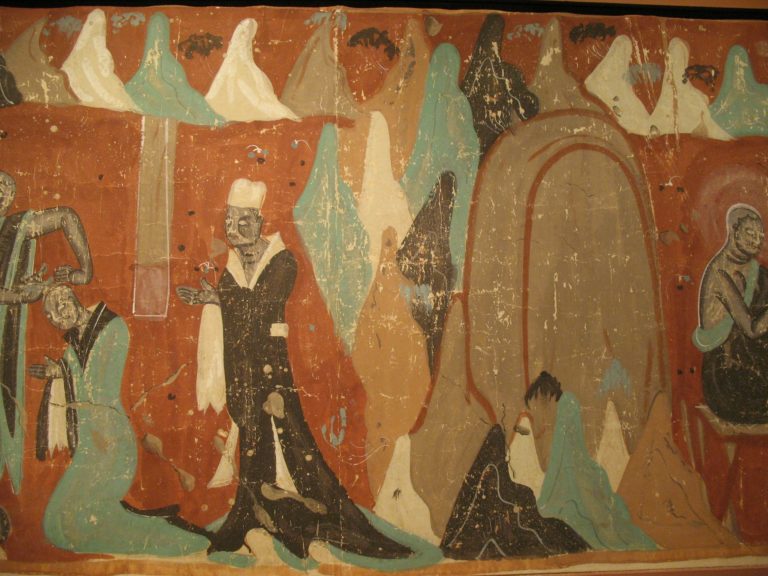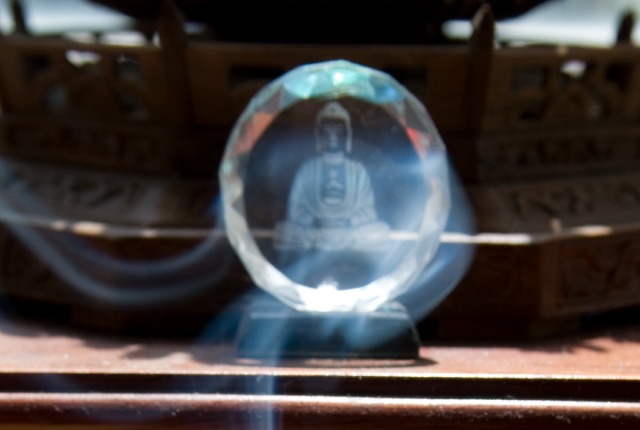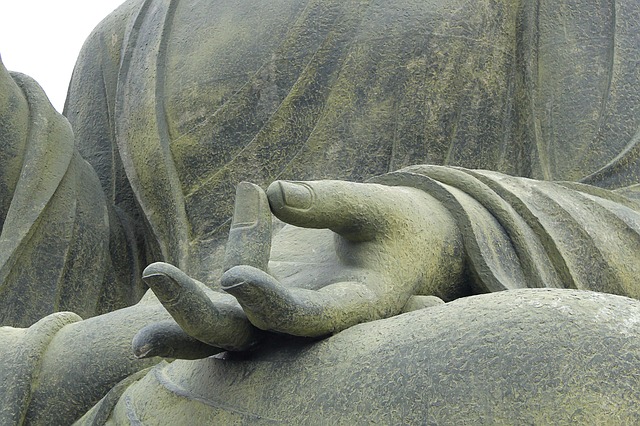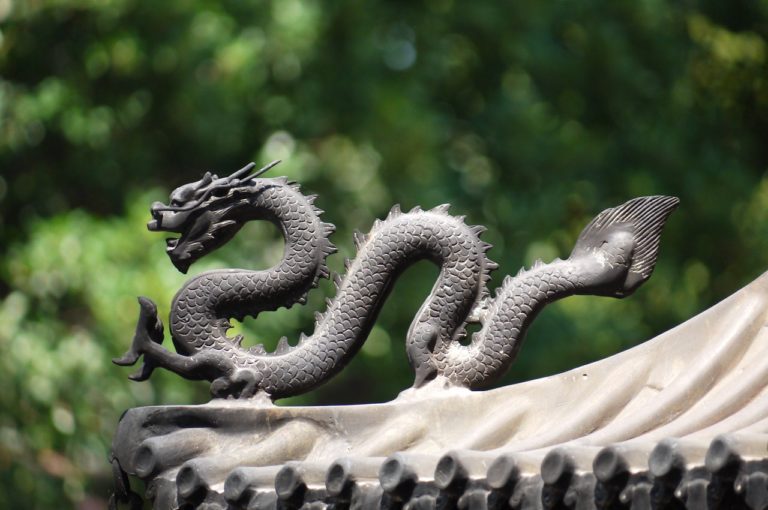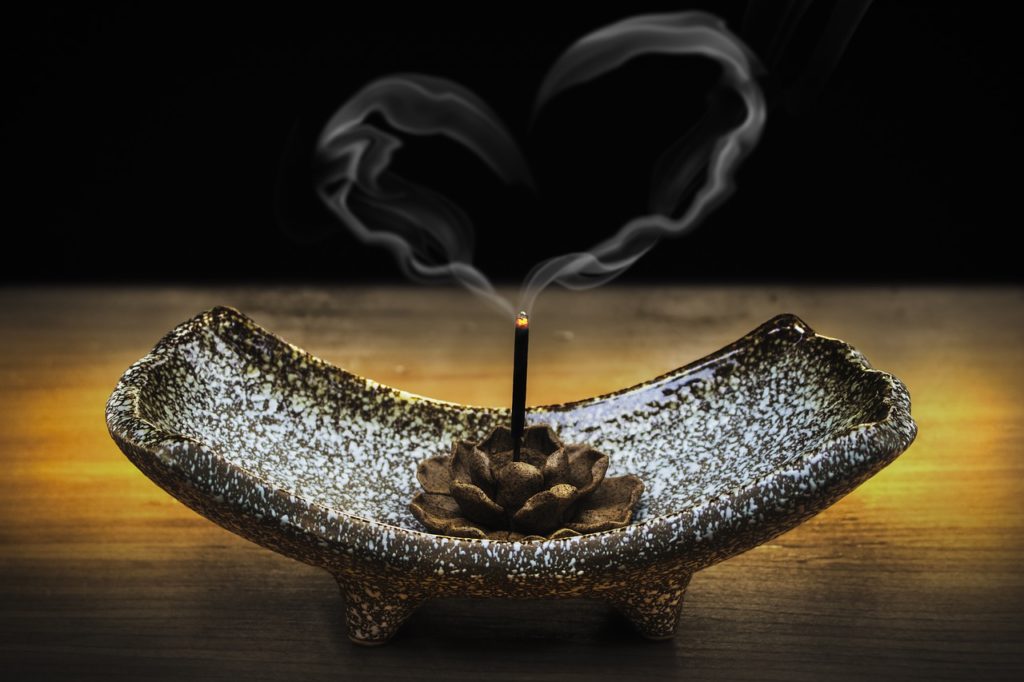
Do not speak of others’ faults, and do not talk of your own virtues. Wisely contemplate the oneness and equality of all sentient beings, and you will enjoy a good reputation.
—Sutra on the Principles of the Six Paramitas
Do not speak of others’ faults
We should always try to see the good in others, not the bad. On the samsaric level of this saha world alone, back-biting and faultfinding are known by most people to be totally counter-productive. Not only does faultfinding produce nothing but anger and mistrust, but the effects of negative speech also create an environment in which it becomes difficult to do anything positive.
If you find yourself behaving this way, bite your tongue and seriously reflect on your behavior at the first convenient moment.
Negativity and excessive criticism lead nowhere but downhill. Usually people engage in these practices out of feelings of jealousy, anger, or low self-esteem. Once you become sensitive to the enormous problems cause by faultfinding, you will be much less prone to engage in it again.
Having encouraged sensitivity on the subject, let me quickly add that over-sensitivity toward criticism of you is to be avoided at all costs. This is the bodhisattva path; we are gentle with others no matter what. We do not violate them, and if they should violate us, we do not feel disturbed.
Do not talk of your own virtues
The bodhisattva seeks to live perfectly within the inherent equality of all life. He does not attack others and he is not proud of himself. This is balance. This is equanimity. Just as we should not be negative toward others in what we say, so we should never allow ourselves to sing our own praises. If you have any virtues at all, they will be noticed by others. Let others praise you if there must be praise, but do not praise yourself.
Wisely contemplate the oneness and equality of all sentient beings
When you are able to do this, you will be beyond all praise and blame. You will see that there is no such thing as praise or blame. The gaze of one who is compassionate can see this for compassion is the highest wisdom. In the depths of compassion, we become aware that there are no differences among the myriad sentient beings of this vast universe. The Buddha mind, the bodhi mind, and the minds of sentient beings are the same. In this consciousness, all dualities merge into the universal truth. In this consciousness:
Language is gone
The mind is still
Without beginning
Without end
This is Nirvana
All else is the way of the world
Only this is the highest Siddhanta.
—Mahaprajnaparamita Sastra
From Being Good, written by Venerable Master Hsing Yun.
Image from Pixabay.



